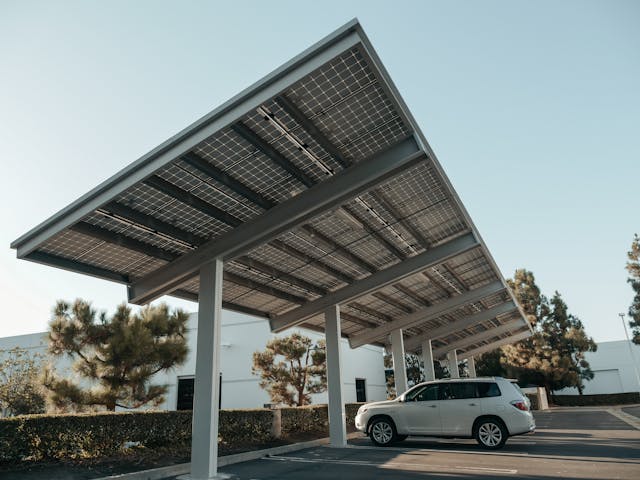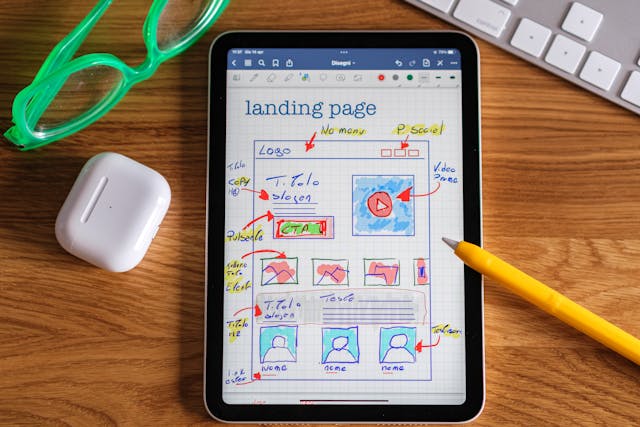
The Industrial Revolution: A Turning Point in Human History
The Industrial Revolution, which began in the late 18th century, is one of the most significant events in human history. It marked a major turning point in the way goods were produced, leading to sweeping changes in society, the economy, and the environment. This period of rapid industrialization and technological innovation not only transformed industries but also reshaped the social and economic fabric of entire nations. In this blog, we will explore the origins, impacts, and lasting legacy of the Industrial Revolution.
The Origins of the Industrial Revolution
The Industrial Revolution started in Britain around the 1760s and later spread to other parts of the world, including Europe, North America, and eventually, the entire globe. Several factors contributed to the birth of the Industrial Revolution in Britain, including:
- Abundance of Natural Resources: Britain had vast coal and iron ore deposits, which were crucial for powering steam engines and manufacturing machinery.
- Agricultural Advancements: Prior to the Industrial Revolution, the Agricultural Revolution had increased food production, freeing up labor from the fields and providing a workforce for the new factories.
- Technological Innovations: Key inventions like James Watt's steam engine, the spinning jenny, and the power loom revolutionized production processes, making them more efficient and less reliant on manual labor.
- Political and Economic Stability: Britain’s political environment, combined with its colonial empire, provided the stability and wealth necessary for industrial growth.
Transformations in Industry and Economy
The most significant impact of the Industrial Revolution was on industry and economy. Before this period, manufacturing was typically done in small-scale workshops or at home, known as the cottage industry. With the advent of new machinery and factories, production shifted from hand tools to machines, from small-scale production to mass production.
- Textile Industry: The textile industry was one of the first to be transformed. Innovations such as the spinning jenny, water frame, and power loom drastically increased textile production, turning Britain into the world's leading textile producer.
- Iron and Steel Production: The development of new processes, such as the Bessemer process, allowed for the mass production of steel, which became essential for building infrastructure like railways, ships, and bridges.
- Transportation: The Industrial Revolution also revolutionized transportation. The invention of the steam locomotive and the construction of railways enabled faster movement of goods and people, further fueling industrial growth.
- Economic Growth: Industrialization led to unprecedented economic growth. The rise of factories created jobs, spurred urbanization, and led to the growth of new industries, including banking, insurance, and retail.
Social and Environmental Impacts
While the Industrial Revolution brought about economic prosperity, it also had profound social and environmental consequences.
- Urbanization and Living Conditions: The migration of people from rural areas to cities in search of work led to rapid urbanization. However, this also resulted in overcrowded cities, poor living conditions, and the rise of slums. Many workers faced long hours, low wages, and hazardous working conditions in factories.
- Child Labor: The demand for cheap labor led to the widespread employment of children in factories, mines, and other industries. Child labor became a significant social issue, prompting eventual reforms and the establishment of labor laws.
- Environmental Degradation: The Industrial Revolution had a profound impact on the environment. The reliance on coal for energy led to widespread deforestation and air pollution. Industrial waste contaminated rivers and landscapes, leading to long-term environmental damage.
- Social Change: The Industrial Revolution also brought about significant social changes. It contributed to the rise of a new middle class and the decline of the traditional aristocracy. It also sparked the development of labor unions and movements advocating for workers' rights.
The Global Impact and Legacy
The Industrial Revolution did not stay confined to Britain; it spread across Europe, North America, and eventually the world, leading to the globalized economy we know today. It laid the groundwork for the technological advancements of the 20th and 21st centuries, including the rise of digital technology and the Information Age.
The Industrial Revolution also set the stage for the modern capitalist economy, with its emphasis on mass production, consumerism, and industrial growth. It transformed agriculture, transportation, communication, and nearly every aspect of human life.
Conclusion
The Industrial Revolution was a period of profound change that reshaped the world in ways that continue to influence our lives today. While it brought about remarkable advancements in technology and industry, it also highlighted the need for social and environmental responsibility. As we reflect on the legacy of the Industrial Revolution, it is crucial to learn from its lessons as we navigate the challenges of modern industrialization and technological progress.






(0) Comment